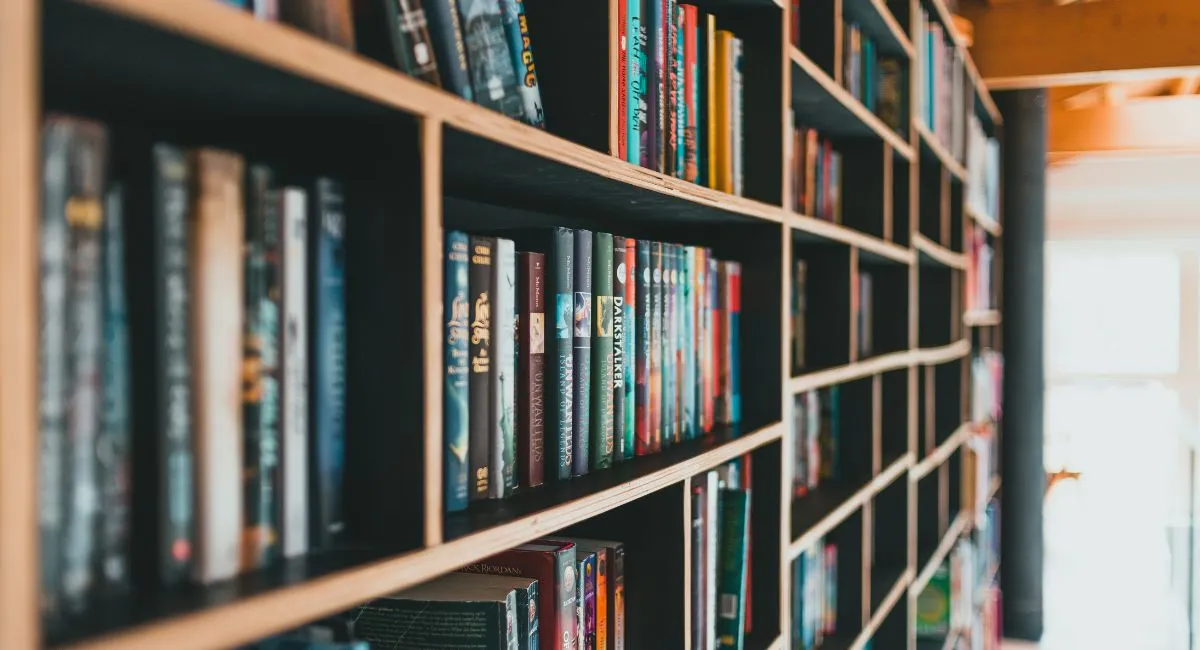- By Kamakshi Bishnoi
- Thu, 06 Mar 2025 12:58 PM (IST)
- Source:JND
More than 700 authors and scholars are set to participate in the Sahitya Akademi's upcoming literary festival. Celebrated as the largest of its kind in Asia, the event will be held from March 7 to 12 at Rabindra Bhavan in New Delhi. The festival will be inaugurated by Union Culture and Tourism Minister Gajendra Singh Shekhawat.
According to Akademi Secretary K. Srinivasarao, the festival will feature over 100 sessions covering more than 50 Indian languages.
A major highlight of the festival will be the Sahitya Akademi Awards 2024 ceremony, scheduled for March 8 at Kamani Auditorium, with acclaimed English playwright Mahesh Dattani as the chief guest. The annual lecture, to be held on March 9, will be delivered by celebrated English author Upamanyu Chatterjee.
The festival’s schedule also includes a national seminar on "Indian Literary Traditions: Heritage and Development," centenary tributes to Malayalam writer Omcheri NN Pillai and Hindi playwright Mohan Rakesh, a special discussion on the works of lyricist Gopal Das Neeraj, and an interactive session with poet and writer Subodh Sarkar.
Adding to the literary celebrations, the festival will also feature cultural performances such as a flute recital by Rakesh Chaurasia, Mahabharata storytelling by Fouzia Dastango, and Hindustani classical music by Nalini Joshi.
The venues, named after Indian rivers, will host a wide range of events including multilingual storytelling sessions, a Northeast writers' meet, poetry recitations, as well as gatherings of young and LGBTQ+ writers.
Discussions will cover diverse topics like autobiographical writing in India, the fading presence of rural life in literature, literary depictions of the partition, the role of culture in translation, literature adapted into films, the universality of literature, Indian writing on the global stage, and nationalism in post-independence literature.


